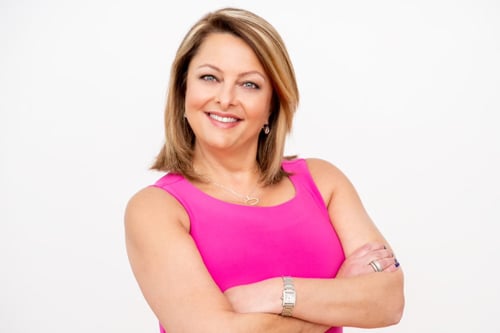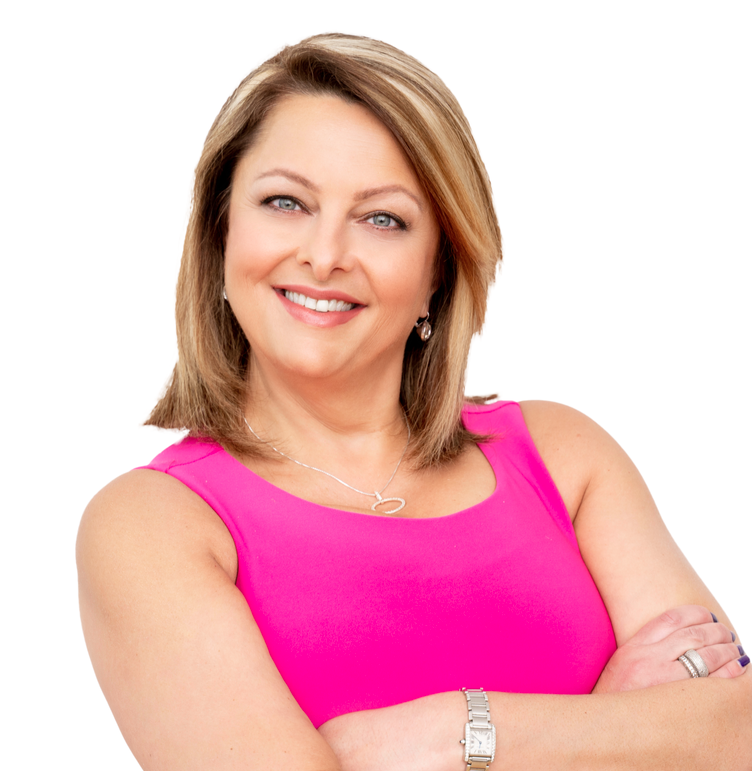We teach our kids all we can about life and how to live it – but we need to do more to teach them about money, savings and credit, writes Anne Brill

I believe that we as parents are doing a disservice to our kids: We should be teaching them, at home and at school, about savings, credit and how important these concepts will be to their futures.
It’s something I’ve done with my 13-year-old daughter, Tiana. I’ve found that getting her to think about money and savings can be as simple as asking her to split her birthday and Christmas cash into two categories: money that can be spent and money that can be saved. My hope is that as she gets to the age when she starts working a part-time job, she’ll have developed savings habits that allow her to see that the more you save, the more you’re able to buy on your own. That’s an exciting, empowering realization for a kid to make. Imagine if some of your clients had been given the same lesson when they were young and impressionable.
When I was 19 years old, I started working for a bank as a teller. A colleague explained to me that, from every pay cheque she received, she was putting $25 towards her RRSP and $25 towards Canada savings bonds. She was older that me, and I didn't feel comfortable saying no, so I followed suit. Those amounts grew as I got older and made more money, and when I bought my first home, I had saved 25% for a down payment.
But getting to that point required not just my colleague’s initial lesson and support, but also the realization that buying the latest clothes or using my money to go out on the town with my friends wouldn’t provide long-term benefits. These are things a young person isn’t likely to learn on their own, unless it’s through trial and (generally costly) error.
Kids also need to be taught about investments. Should they save in a GIC, where principal is guaranteed but return is typically low? Or should they take a calculated risk and look into investment vehicles that may produce higher returns? Every person, young and old, has a different risk tolerance, something I believe to be reflective of a person’s overall financial knowledge.
I have been a mortgage broker/agent for almost 19 years now. Sometimes when I get an application from someone in their early to mid-20s looking to buy a home and I pull a credit bureau, I ask them what happened with their credit five years ago. They often tell me they didn't understand how credit worked: They thought it was free money, so they spent more on credit than they could afford to pay, making the mistake of thinking that more credit would help them meet their monthly bills.
I know I’m not the first broker to hear these stories. Let’s stop giving kids excuses to hide behind – “I was young and stupid”; “I didn’t know any better” – and instead teach them the importance of credit. At the end of the day, all we want is for our kids to be successful, good people, and teaching them about money and credit could prevent them from making mistakes they will regret.
It’s never too early to get started. I had a conversation with my daughter about credit when she was 6 years old. About two weeks later, she, my husband and I were in the car when my husband said he needed $20 so he wouldn’t have to stop at the bank machine. Tiana immediately piped up.
“Dad, I will lend you $20,” she said, to her dad’s surprise. She then proceeded to tell him, “But you have to give me $30 when you return it, and if I don't get it back in three days, I want $1 extra per day until monies are returned.”
Terry asked his daughter why the terms were so strict. “At the age of six, I can't work, so I need to make money somehow to buy a laptop,” Tiana replied. Lesson(s) learned.
As adults, we know that we need a balance between what we earn, what we spend, what we buy on credit and what we save. Many of us only learned how necessary that balance is because we wrecked our credit or spent our early adult years living a lifestyle we couldn’t afford. Let’s help our kids learn from our mistakes and avoid making the same ones themselves.
 Anne Brill is the award-winning principal broker and owner of Centum Metrocapp Wealth Solutions and a muscle car enthusiast.
Anne Brill is the award-winning principal broker and owner of Centum Metrocapp Wealth Solutions and a muscle car enthusiast.



